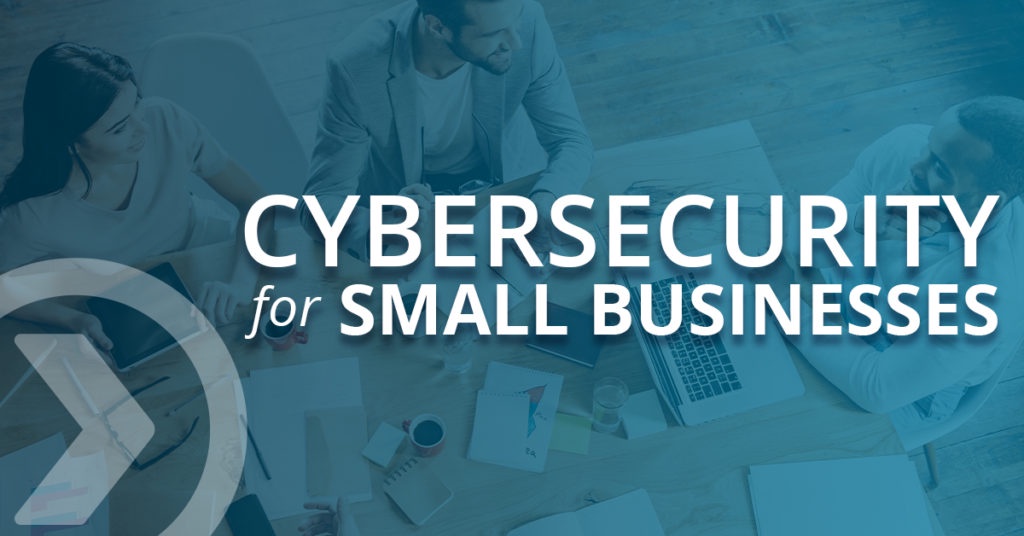Introduction:
In today's interconnected world, small businesses are increasingly becoming targets for cyber threats. The digitization of operations has brought about numerous benefits, but it also exposes companies to various cybersecurity risks. This guide aims to provide small enterprises with practical cybersecurity guidance to protect their digital assets and sensitive information.
-
Risk Assessment:
Before implementing cybersecurity measures, it's crucial to conduct a thorough risk assessment. Identify potential vulnerabilities in your systems, networks, and processes. This assessment will serve as the foundation for developing a robust cybersecurity strategy tailored to your business's unique needs.
-
Employee Training:
Employees are often the weakest link in cybersecurity. Training your staff to recognize phishing attempts, use strong passwords, and follow secure practices is essential. Regular workshops and updates on emerging threats can empower your team to be the first line of defense against cyberattacks.
-
Strong Password Policies:
Implement and enforce strong password policies across your organization. Encourage employees to use complex passwords and consider two-factor authentication for an additional layer of security. Regularly update passwords and ensure that former employees' access credentials are promptly revoked.
-
Update and Patch Regularly:
Cybercriminals exploit vulnerabilities in outdated software. Regularly update all software, including operating systems, antivirus programs, and applications. Consider enabling automatic updates to ensure that your systems are protected against the latest threats.
-
Secure Networks:
Protect your Wi-Fi networks with strong encryption and change default passwords on routers. Consider implementing a virtual private network (VPN) to secure data transmitted over your network, especially for remote workers. Restrict access to your network based on job responsibilities to minimize potential threats.
-
Data Backup and Recovery:
Regularly back up your critical data and ensure that backups are stored securely. In the event of a cyberattack or data loss, having a reliable backup can significantly reduce downtime and minimize potential financial losses. Test your backup and recovery processes periodically to ensure they are effective.
-
Endpoint Security:
Endpoint devices such as computers, laptops, and mobile devices are common targets for cyber threats. Install reputable antivirus and anti-malware software on all devices to protect against malicious software. Establish policies for secure device usage, especially for personal devices used for work purposes.
-
Secure Online Transactions:
If your business engages in online transactions, prioritize the security of customer information. Implement secure payment gateways, encrypt sensitive data, and comply with relevant industry regulations such as the Payment Card Industry Data Security Standard (PCI DSS).
-
Incident Response Plan:
Develop and regularly update an incident response plan that outlines the steps to take in the event of a cybersecurity incident. Ensure that your team is familiar with the plan and conducts drills to test its effectiveness. Prompt and organized responses can mitigate the impact of a security breach.
-
Collaborate with Cybersecurity Experts:
Small businesses may not have in-house cybersecurity experts, but that doesn't mean they should navigate the digital landscape alone. Consider partnering with cybersecurity professionals or consulting firms to assess your security posture, provide guidance, and assist in implementing robust cybersecurity measures.
Conclusion:
In the age of digital transformation, prioritizing cybersecurity is non-negotiable for small businesses. By following these practical guidelines, you can significantly enhance your organization's resilience against cyber threats, safeguarding your data, reputation, and financial well-being. Remember, a proactive approach to cybersecurity is an investment in the long-term success and sustainability of your business.


No comments yet